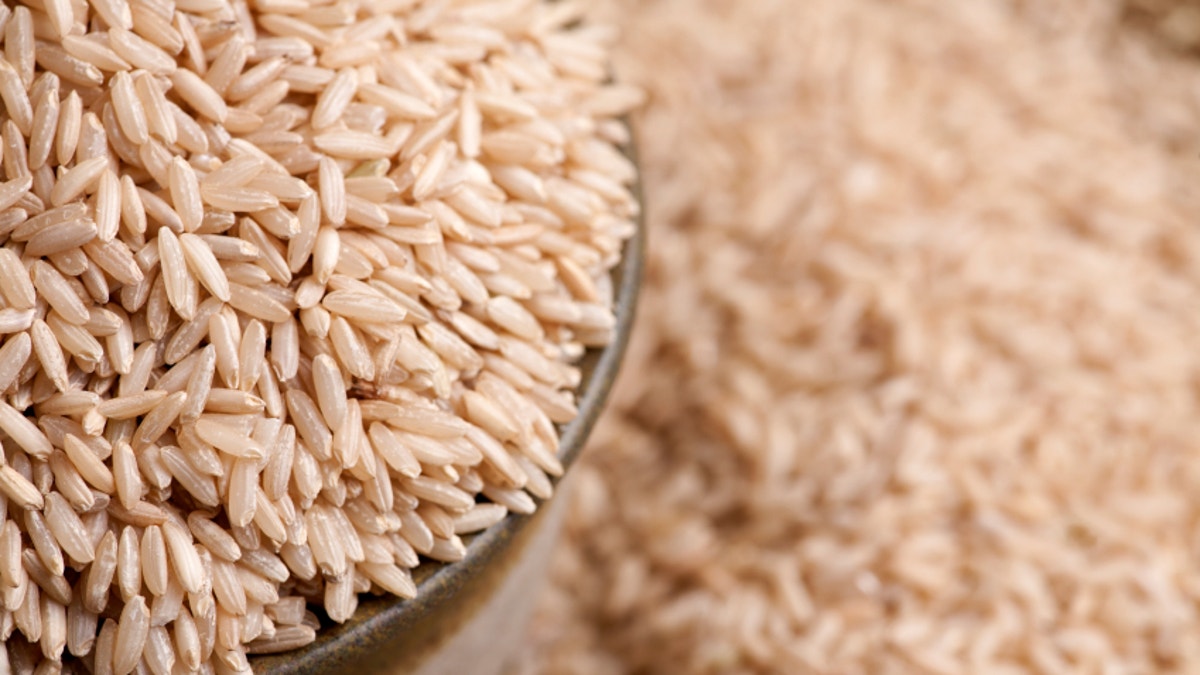
The “organic” food health craze has provided a health-conscious generation with more nutritious food options.
But as it turns out, some of the foods you think are making you healthier may in fact contain a very toxic ingredient – arsenic.
A team of researchers from Dartmouth have revealed many organic food products that contain a supplement known as organic brown rice syrup have a much higher concentration of dietary arsenic than foods without the syrup. They tested numerous organic foods with the ingredient, including infant formulas, cereal and energy bars, and energy supplements used by marathoners and cyclists.
One of the infant formulas tested had a degree of arsenic six times the Environmental Protection Agency’s (EPA) safe drinking water limit of 10 parts per billion (ppb).
Brian Jackson, research associate professor and lead author of the study, said the study stemmed from previous studies the team had done on arsenic in baby formulas.
“The main brand infant formulas were pretty low,” Jackson told FoxNews.com. “Then I was at a local super market and saw two infant formulas we hadn’t run, and they had 20 to 30 times higher rates of arsenic than all of the other main brand infant formulas. I looked at the label and the first ingredient I saw was organic brown rice syrup.”
“I’d done work on arsenic in rice before, and we knew rice can take quite a high concentration of arsenic, so immediately thought the arsenic was from the rice syrup,” Jackson said. “So it got me thinking what other foods contain brown rice syrup.”
Organic brown rice syrup increasingly is being used in organic foods as a healthier sweetener option. The brown rice variant is (also) typically used as an alternative for high fructose corn syrup after criticism surfaced that corn syrup was a much more harmful component than sugar and was substantially adding to the obesity epidemic.
Rice’s tendency to have higher concentrations of arsenic is a result of how it grows. When rice is cultivated, it absorbs a compound known as silica, which helps the plant grow more vigorously. In the conditions in which rice is grown, arsenic closely resembles silica, so the plant absorbs it as well.
Brown rice absorbs even more arsenic than white rice because a lot of the arsenic in the rice grain exists in the husk of brown rice.
Previous tests of drinking water have shown a link between high arsenic concentration and an increased risk for some cancers and cardiovascular disease. However, Jackson said it’s too early to determine the potential dangers of eating too much organic brown rice syrup.
“We really don’t know what the risks are,” Jackson said. “We have a good handle on what the risks of arsenic are through drinking water, but those calculations are based on a lifetime of exposure. Whereas, arsenic in food is a different issue. Your diet choices are variable, so some items may contain arsenic and some don’t. So it’s hard to make those comparisons.”
While the researchers aren’t looking to scare people away from eating organic foods, they are hoping people will be better informed about the foods that they choose. The team also hopes their study will encourage the FDA to establish better guidelines in terms of organic foods, specifically infant formulas. They feel babies could be affected by these arsenic levels the most.
“Infants are the ones who get a disproportionate arsenic exposure,” Jackson said. “Our limits are based on our weights, and infant’s have very low body weights, so they are getting a comparatively large dose. That’s a lot of arsenic.”








































